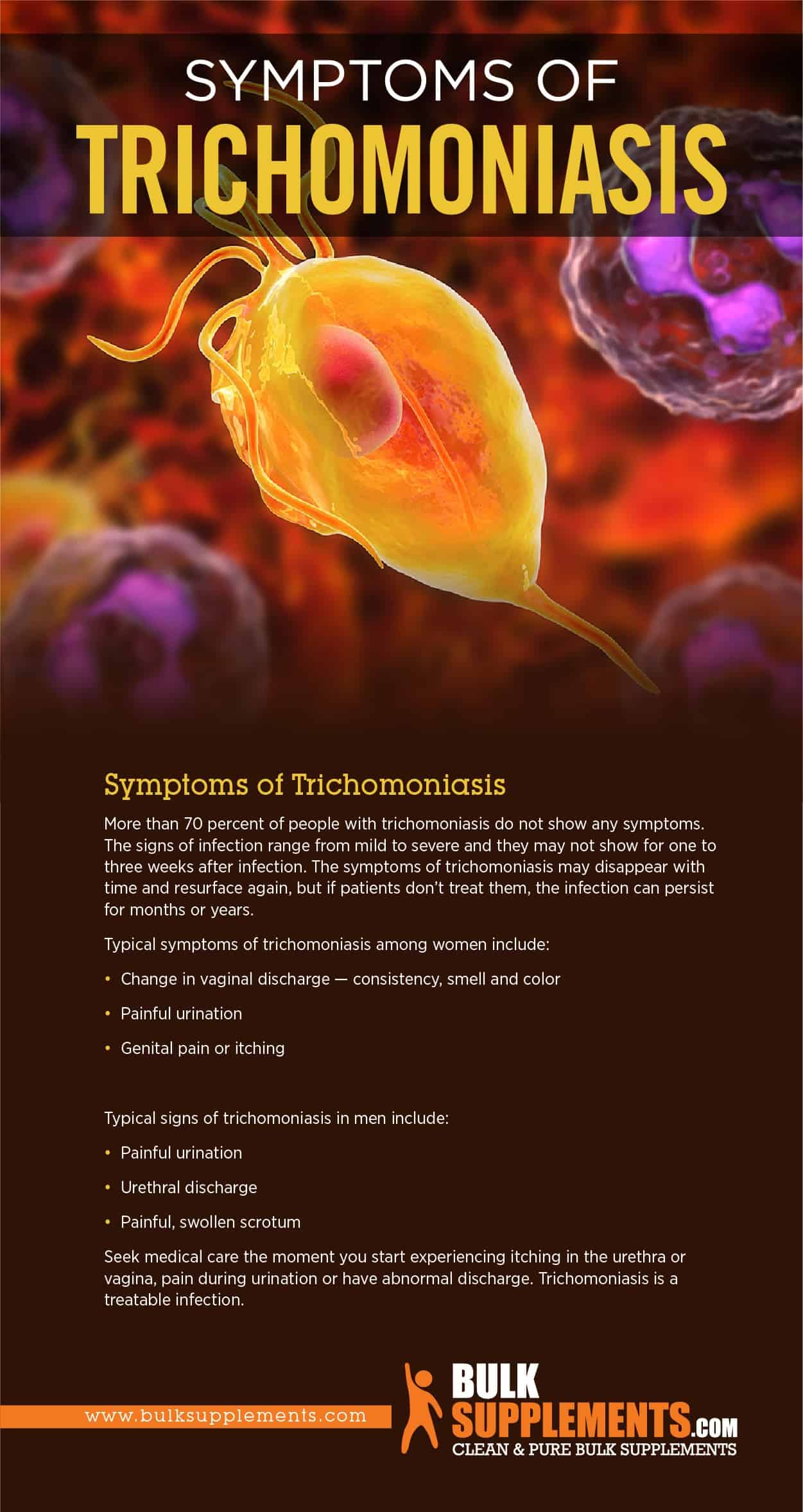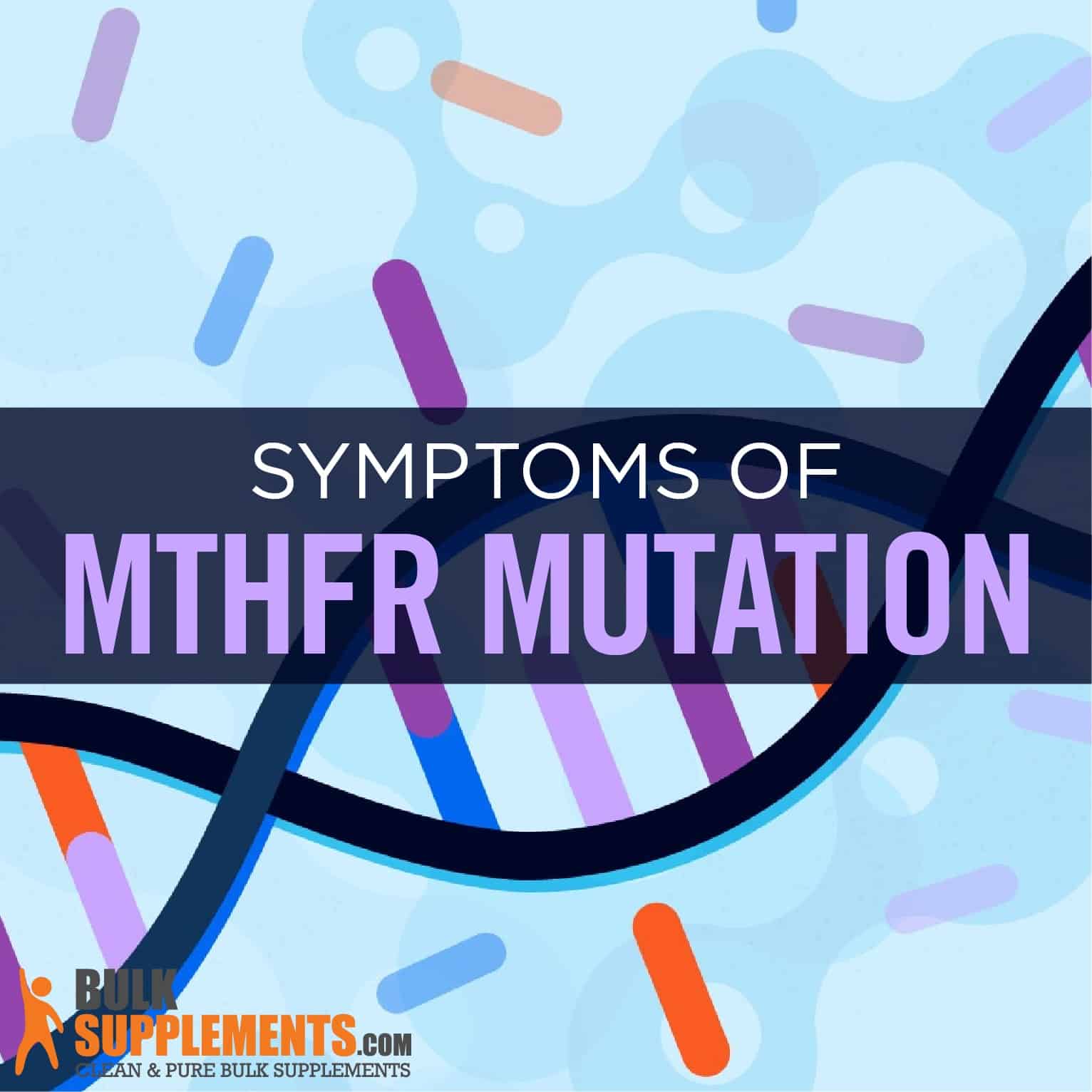What is Trichomoniasis?
Trichomoniasis is a common sexually transmitted infection (STI) caused by a protozoan parasite that spreads through sexual intercourse. Today, there are more than three million cases of this disease in the United States, but fortunately this infection has a cure. Trichomoniasis is not easy to diagnose because it is mostly asymptomatic.
The infection is more common in women than men. Specifically, it predominantly affects African-American women more than Caucasian or Hispanic women and older women are more likely to contract it than younger women.
Trichomoniasis can spread quickly without treatment and infect the entire urinary tract and other reproductive organs. In women, it usually infects the cervix, urethra, bladder and vagina. In men, it mostly affects the urethra.
Symptoms of Trichomoniasis
More than 70 percent of people with trichomoniasis do not show any symptoms. The signs of infection range from mild to severe and they may not show for one to three weeks after infection. The symptoms of trichomoniasis may disappear with time and resurface again, but if patients don’t treat them, the infection can persist for months or years.
Typical symptoms of trichomoniasis among women include:
- Change in vaginal discharge — consistency, smell and color
- Painful urination
- Genital pain or itching
Typical signs of trichomoniasis in men include:
- Painful urination
- Urethral discharge
- Painful, swollen scrotum
Seek medical care the moment you start experiencing itching in the urethra or vagina, pain during urination or have abnormal discharge. Trichomoniasis is a treatable infection.
 PIN IT
PIN ITCauses of Trichomoniasis
The cause of trichomoniasis is a protozoan called Trichomonas vaginalis. It spreads from one person to another through sexual intercourse. Individuals in both heterosexual and same-sex relationships can pass it on to their partners, but it does not usually infect the hands, mouth or anus.
Risk Factors for Trichomoniasis
Various factors and actions put some individuals at a higher risk of contracting trichomoniasis:
- Unprotected sex
- History of trichomoniasis
- Multiple sexual partners
- History of other sexually transmitted infections
Complications of Trichomoniasis
Left untreated, trichomoniasis can cause a wide range of complications. For starters, trichomoniasis can make sex and urinating uncomfortable. In addition, the spread of infection throughout the reproductive organs increases the risk of contracting and spreading other sexually transmitted infections, such as HIV.
Trichomoniasis increases the risk of giving birth prematurely for pregnant patients. The baby is more likely to be born at a low birth weight and may have complications with growth and development. It is possible for the mother to spread the infection to the baby as well.
Diagnosing Trichomoniasis
The only way to diagnose trichomoniasis is to get a physical exam and then a lab test from a doctor. The lab test may take a urine sample from either a man or a woman. For women, doctors may use a “wet mount,” which samples discharge to observe under a microscope for parasites. If a doctor finds the infection in a woman’s Pap smear, they may take a vaginal culture. Diagnosis may also include a blood test for faster results, but they are not as accurate as a discharge sample.
Treating Trichomoniasis
Most patients with trichomoniasis do not show symptoms and therefore often do not seek treatment. But without treatment, trichomoniasis can spread and increase the risk of other sexually transmitted infections. Trichomoniasis is easily treatable with one dose of antibiotics. Metronidazole or tinidazole are traditionally the treatment of choice. Research states that these antibiotics are safe for pregnant women, but women who receive tinidazole should stop breastfeeding until three days after their last dose.
If an individual is diagnosed with trichomoniasis, their sexual partners also need testing and treatment. Avoid sexual activity until after the antibiotics cure the infection. Even after treatment, you can contract trichomoniasis again. Twenty percent of patients attract it again within three months of treatment.
Preventing Trichomoniasis
The most effective way to trichomoniasis infection is to abstain from sex or practice monogamy. There are several steps to take to have a safe sex life with a low risk of infection.
Condoms
Condoms are not completely effective in preventing trichomoniasis infection. The protozoan can infect areas of the skin that the condom doesn’t cover. Be sure to put on the condom early, before the penis comes in contact with the vagina.
Douching
Women are advised not to douche altogether. The vagina is a self-cleaning organ that hosts a lot of healthy bacteria. Douching eliminates some of the healthy bacteria and increases the chances of an infection.
Personal Items
It is possible to contract trichomoniasis from sharing personal items like swimwear or wet towels. However, the parasite cannot live outside of the body for long, so it is rare for it to spread through sharing personal items.
Have an honest and open discussion with your sexual partner about your sexual history and the possibility of infection. Such a discussion can help you and your partner determine the best course of action to treat and manage trichomoniasis and other STIs.
Supplements for Trichomoniasis
Pomegranate Extract Powder
This is a powerful antioxidant with ellagic acid. The safe dosage for this supplement is 750 mg two times a day. Pomegranate extract is an antioxidant, which protects the body from damage by free radicals. This product supports digestion and cardiac health. It also relieves arthritis and high blood pressure symptoms.
Ginger Root Extract Powder
This is a food grade, herbal product that promotes overall health. Ginger root is known for its anti-inflammatory properties and eases problems with digestion and related issues. The suggested serving size for ginger extract is 1,000 mg once a day.
Resveratrol Powder
This supplement is a natural antioxidant that promotes mental and digestive health. Resveratrol works to oxidize free radicals that cause damage in the body. Studies also suggest that it helps to minimize the symptoms of trichomoniasis. The safe serving size for this supplement is one capsule per day.
Holy Basil Powder
Holy basil is a pure herbal product that promotes overall health and helps to relieve stress and anxiety. It also boosts immune function so the body can fight infections. The safe dosage for basil is 500 milligrams once or twice per day. This product is not safe for use if you are pregnant or nursing.
Avocado
This fruit has all the nutritional properties your body needs to function correctly. In ancient cultures, avocado treated inflammation, diabetes and parasitic infections. Avocados also support digestion and heart health.
Myrrh
Myrrh not only eliminates harmful bacteria, but it also supports skin health, promotes healing of wounds and sores and reduces swelling and joint pains.
The Bottom Line
Trichomoniasis is a sexually transmitted infection caused by protozoa. It affects almost 300 million in the world each year. Symptoms include vaginal discharge and painful urination, as well as discomfort during sex. Fortunately, this condition is treatable with antibiotics. But most people with this infection do not show any symptoms and do not seek treatment. Even after treatment, trichomoniasis can resurface. To prevent infection, practice safe sex and monogamy.




